Directory
- Share
Jakob Träuble
- Scholar
- Germany
- 2022 PhD Biotechnology
- Gonville and Caius College
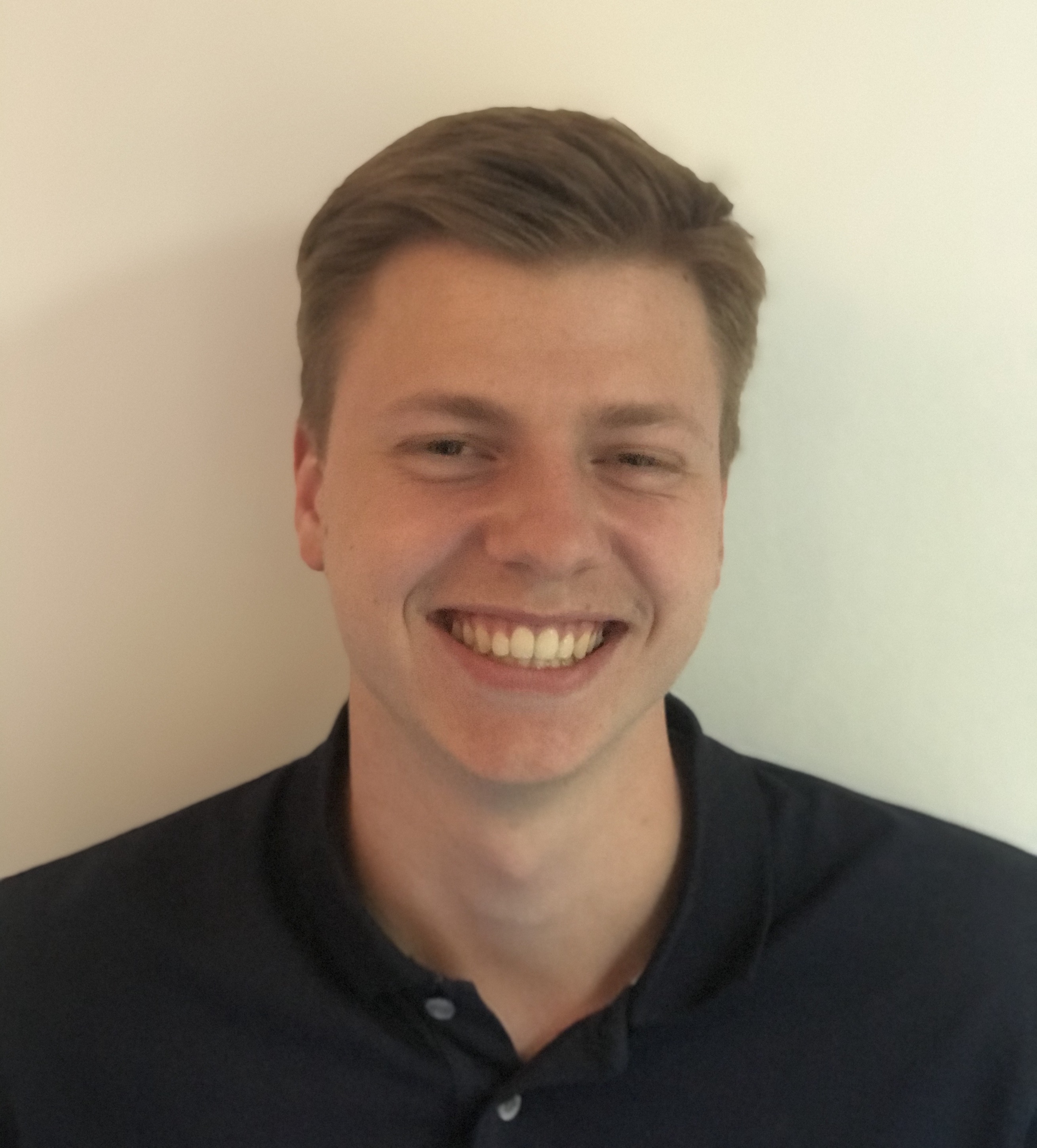
Jakob Träuble
- Scholar
- Germany
- 2022 PhD Biotechnology
- Gonville and Caius College
During my undergraduate studies in Physics at the University of Munich (LMU), I first utilised quantitative data-driven approaches for biological challenges within my Bachelor’s thesis in the field of peptide sequencing. Using my analytical background, I employed novel machine learning methods to study the neuronal activity in neurodegenerative diseases as a Master’s student in Biotechnology at the University of Cambridge. Intrigued by the complexity of neurodegenerative diseases, I envision analysing the brain elasticity and neuronal activity correlatively in neurodegenerative diseases during my PhD in Biotechnology. This is achieved through developing multi-modal models on MRI data and electrophysiological recordings, which utilise computer vision and metric learning concepts. By highlighting both properties and possibly establishing a causal link, I hope to contribute to novel insights and progress in this field. This may lead to finding novel biomarkers for earlier diagnosis as well as unravelling unknowns in neurodegeneration, which is urgently needed for the devastating prospects for patients.
Previous Education
University of Cambridge Biotechnology 2022
Ludwig-Maximilians-Universitat Munchen Physics 2021
Anoop Tripathi
- Scholar
- India
- 2022 PhD Plant Sciences
- Emmanuel College

Anoop Tripathi
- Scholar
- India
- 2022 PhD Plant Sciences
- Emmanuel College
As a Biochemistry Master’s student, in India, I developed an interest in Plant Sciences. As a Research Fellow, in New Delhi, my research focused on understanding the evolution of photosynthesis, which is useful to plant breeders for varietal trait development and Food Security. Previously, in a collaborative research project at Cambridge, we identified that monocots graft at the root-shoot interface, this pivotal work overturned the long-standing consensus that monocots cannot graft. Further, I am working on translational impact of the grafting approach using perennial monocots, which will be useful in imparting disease resistance in economically relevant crops like banana and oil palms. During my Gates Cambridge PhD Scholarship, I will aim to integrate the most efficient version of photosynthesis, known as the C4 pathway in rice, using the newly developed technique of cereal grafting and hybridisation. Rice is a global food staple and converting rice to use C4 photosynthesis is expected to not only increase yields by 50% but will also enhance water and nitrogen use efficiency. My research vision is to carry out cutting-edge fundamental and translational research that will lead to real impact to farmers both in India and globally.
Previous Education
University of Lucknow Biochemistry 2010
University of Lucknow Botany/Chemistry/Zoology 2008
Ana Maria Villaveces Galofre
- Scholar
- Colombia, Spain
- 2022 PhD Latin American Studies
- King's College
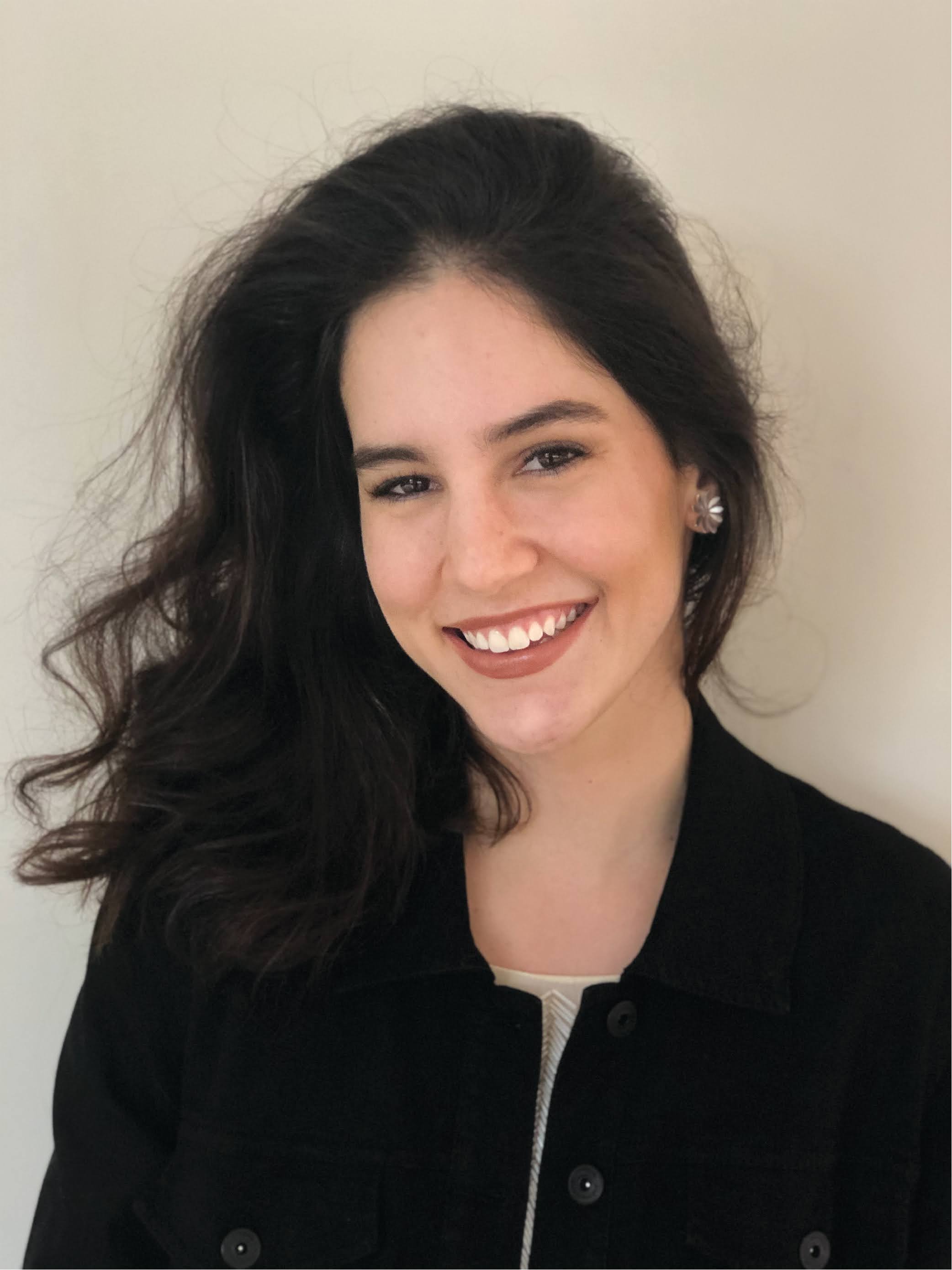
Ana Maria Villaveces Galofre
- Scholar
- Colombia, Spain
- 2022 PhD Latin American Studies
- King's College
I was born in Colombia in 1995. By then, armed conflict in the country was well underway and I was lucky enough to merely be caught up in the margins. Later, studying literature at Los Andes University I became deeply involved in both the history and the literary culture of my country, felt the need to look directly at the wounds scattered in our history. And so I wrote my undergraduate thesis on contemporary Colombian novels and the way in which fear is embedded into language. I chose to specialise in Latin American Horror in my MPhil at Cambridge. My commitment to my culture and Colombia’s past is tangled in my belief in the power of literature when it comes to facing pain, recognising trauma, and processing fear. Throughout my time as a PhD Candidate I plan to dig deeper into that belief. Further research into Latin American horror literature could change our understanding of historical trauma in Latin American countries and the ways in which cultures heal from horror. Perhaps looking directly at our wounds can help heal them; I hope my PhD —focused on contemporary horror novels—can attest to that.
Previous Education
University of Cambridge ELAC 2022
Universidad de Los Andes Literature 2020
Tristan Vornbäumen
- Scholar
- Germany
- 2022 PhD Infection and Immunity
- Girton College
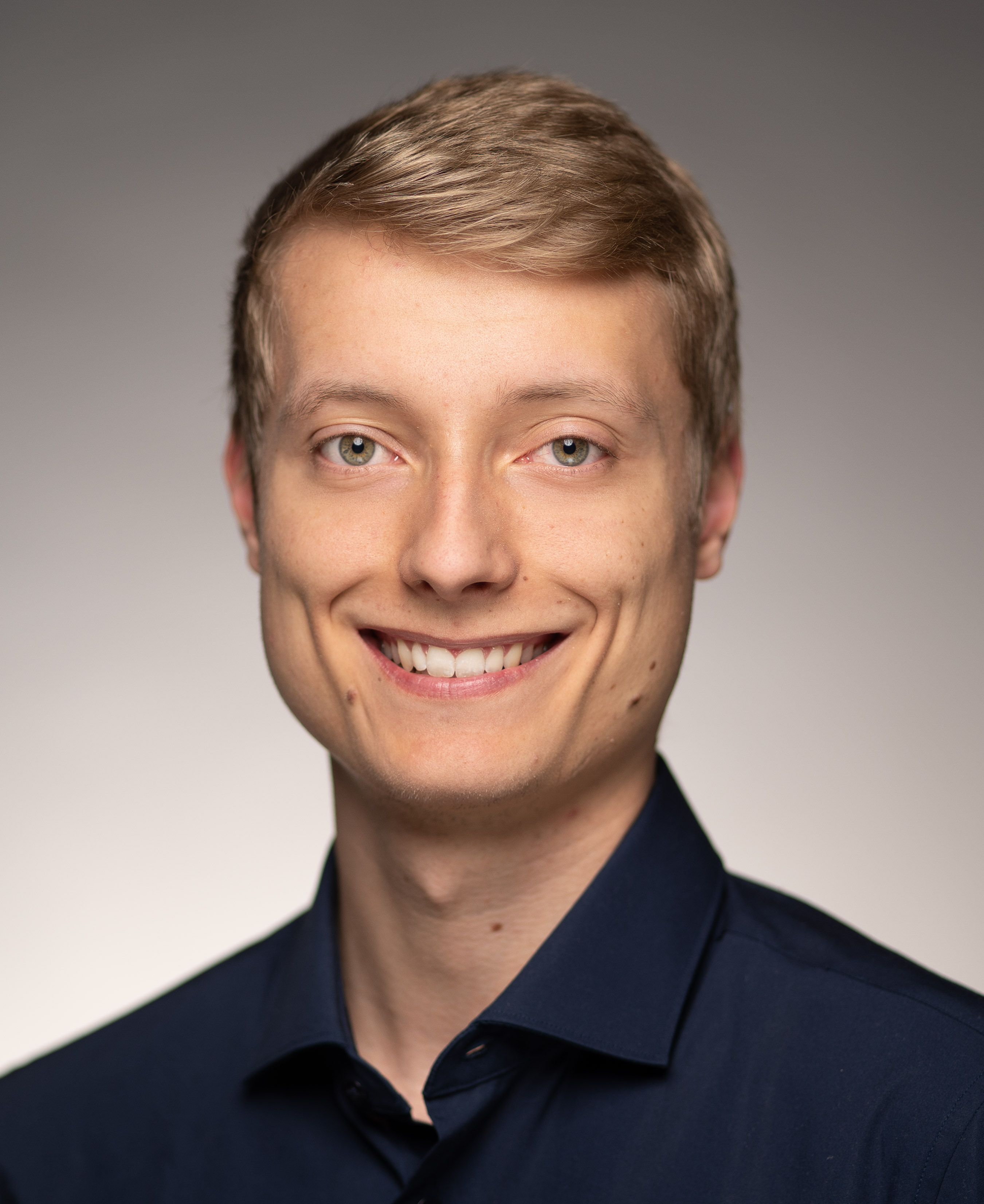
Tristan Vornbäumen
- Scholar
- Germany
- 2022 PhD Infection and Immunity
- Girton College
As an undergraduate, I became fascinated by the complex biochemical apparatus that controls the immune system and how dysregulations lead to severe diseases like autoimmunity or cancer. Through training at the Massachusetts General Hospital, I soon focused my research on metabolic programs in immune cells, such as T cells, which are essential for a properly functioning immune system. Upon activation, T cells undergo rapid clonal expansion and differentiation, and these energy-expensive processes require lots of iron. Iron is essential for life and activated T cells have to ensure that iron can be rapidly taken up from the circulation and incorporated into enzymes that support metabolism. Although it is well established that dysregulated iron metabolism in T cells results in severe immunological pathologies, we still lack many mechanistical insights. With my PhD project, I hope to shed more light into these poorly understood mechanisms and ultimately provide new genetic factors that can be explored for therapeutic intervention of T cell-driven pathologies. It is a great honor to be joining the Gates Cambridge community and I look forward to working with fellow scholars to unlock the potential of future science-driven innovations.
Previous Education
Eberhard-Karls-Universitat Tubingen Biochemistry 2022
Friedrich-Schiller-Universität Jena Biochemistry/Molecular Biology 2019
Samuel Weiss-Cowie
- Scholar
- United States
- 2022 PhD Medical Science @ MRC Cognition and Brain Sciences Unit
- Peterhouse

Samuel Weiss-Cowie
- Scholar
- United States
- 2022 PhD Medical Science @ MRC Cognition and Brain Sciences Unit
- Peterhouse
My academic career has been driven by a dual passion for language and the brain. Pursuing degrees in neuroscience and Korean at the Georgia Institute of Technology made me curious about how language is acquired and processed neurally. While my experience as a student of Korean inspired questions about language, time spent in neuroscience courses and laboratories taught me about the tools needed to answer those questions. Now, I intend to investigate the neural underpinnings of speech perception at Cambridge’s MRC Cognition and Brain Sciences Unit. My goal is to research the ways in which our brains deal with ambiguous speech. As anyone who has learned a new language will attest, it can be exceptionally difficult to identify the words produced by native speakers. In addition, myriad factors—such as a loud environment, accented speech, or unfamiliar vocabulary—can make fulfilling one’s role as a listener more difficult even in one’s native language. By discovering what scenarios allow for optimal word learning, I hope to inform more effective methods in language pedagogy. I am beyond honored to be joining the Gates Cambridge community and look forward to meeting my fellow scholars at Cambridge.
Previous Education
Georgia Institute of Technology Korean Studies 2021
Pascal Wodtke
- Scholar
- Germany
- 2022 PhD Radiology
- Gonville and Caius College
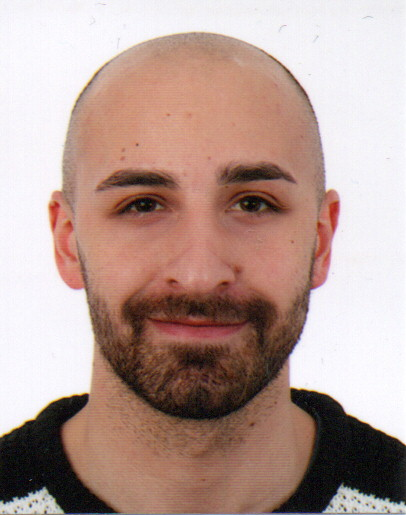
Pascal Wodtke
- Scholar
- Germany
- 2022 PhD Radiology
- Gonville and Caius College
What if we could non-invasively characterize individual tumors by their metabolism? That would have substantial effect on the choice of therapy, monitoring therapy response and would thus advance the whole field of precision medicine. Hyperpolarized MRI offers capabilities to watch tumor metabolism by providing molecular probes which are either sensitive to metabolic processes or whose transformation to their metabolic products can be followed in real-time. Despite extensive characterization of those molecular probes, clinical translation is still lacking for most of them. Within my PhD at the department of Radiology in Cambridge I will translate one of those molecular probes into clinics.From my early days as a physics undergraduate in Munich, I was drawn to innovative, interdisciplinary applications of natural sciences, especially to those, having a positive impact on humanity. Further pursuing a master’s degree in Medical Physics, I found passion in the field of hyperpolarized MRI during my thesis, where I developed a molecular pH sensor myself. My ultimate scientific goal is to bridge the gap between research and the clinical translation of promising molecular probes.
Previous Education
Technical University Munich Biomed. Eng. and Med. Physics 2021
Technical University Munich Physics 2018
Ming Yang
- Scholar
- China
- 2022 PhD Applied Maths and Theoretical Physics
- Trinity College
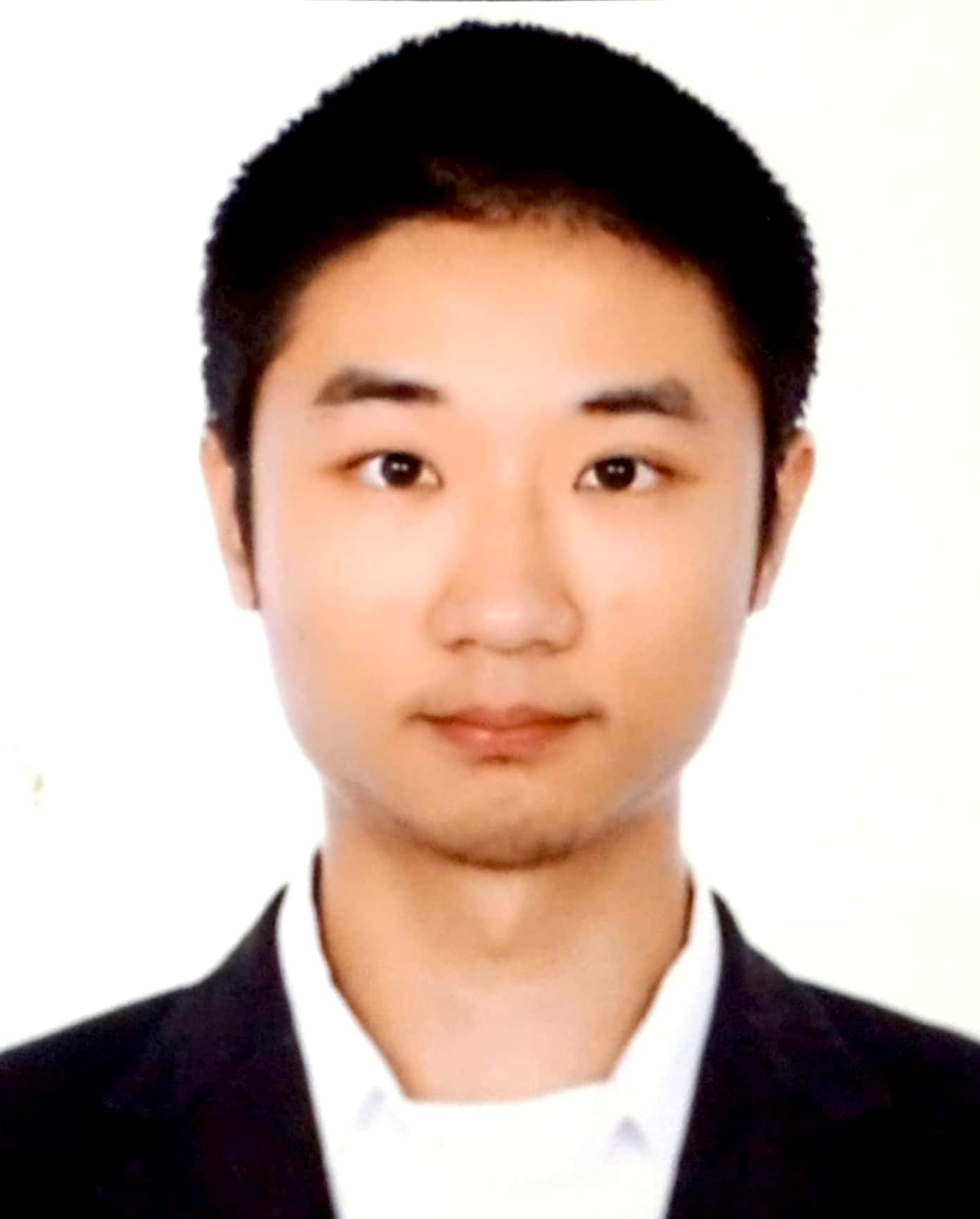
Ming Yang
- Scholar
- China
- 2022 PhD Applied Maths and Theoretical Physics
- Trinity College
Looking back, my immense curiosity about fundamental science started in my childhood. Consciously or not, it always fascinated me how rich structures lie beneath the very simple first principles. During my undergraduate years at Cambridge in Mathematics, I explored theoretical physics through courses and summer research and discovered my passion for high-energy physics. Looking ahead to my PhD, I will be supervised by Professor Sean Hartnoll and will focus on the emergence of spacetime using models in matrix quantum mechanics, which is a subject inspired by condensed matter physics and closely related to string theory. It has the potential of unifying gravity with quantum field theory and solving some of the biggest mysteries in high-energy physics, e.g. the black hole microstates problem. The aim is to use techniques in Quantum Information and Random Matrix Theory to develop a probe to understand such strongly interacting systems. Meanwhile, I will commit myself to widespread fundamental sciences and let more people enjoy the beauty and elegance of maths and physics. It is my great honour to join the Gates Cambridge community and strive together with the future leaders of our generation to make our world a better place.
Previous Education
University of Cambridge Mathematics 2022








